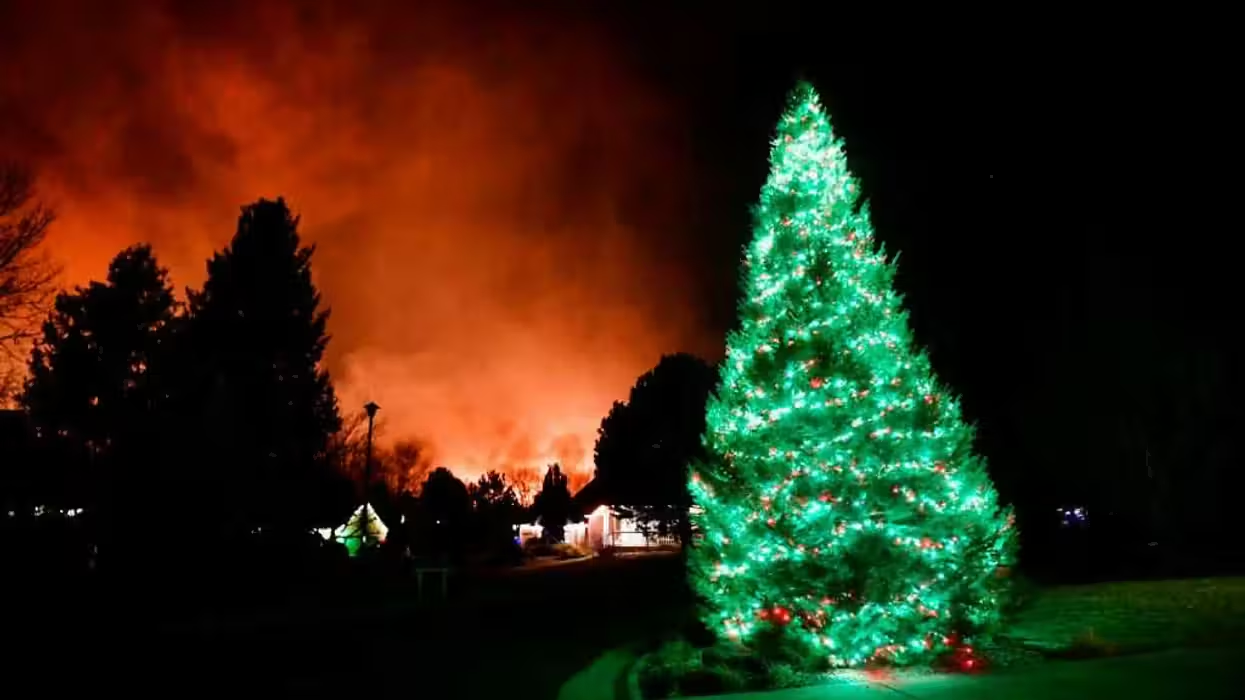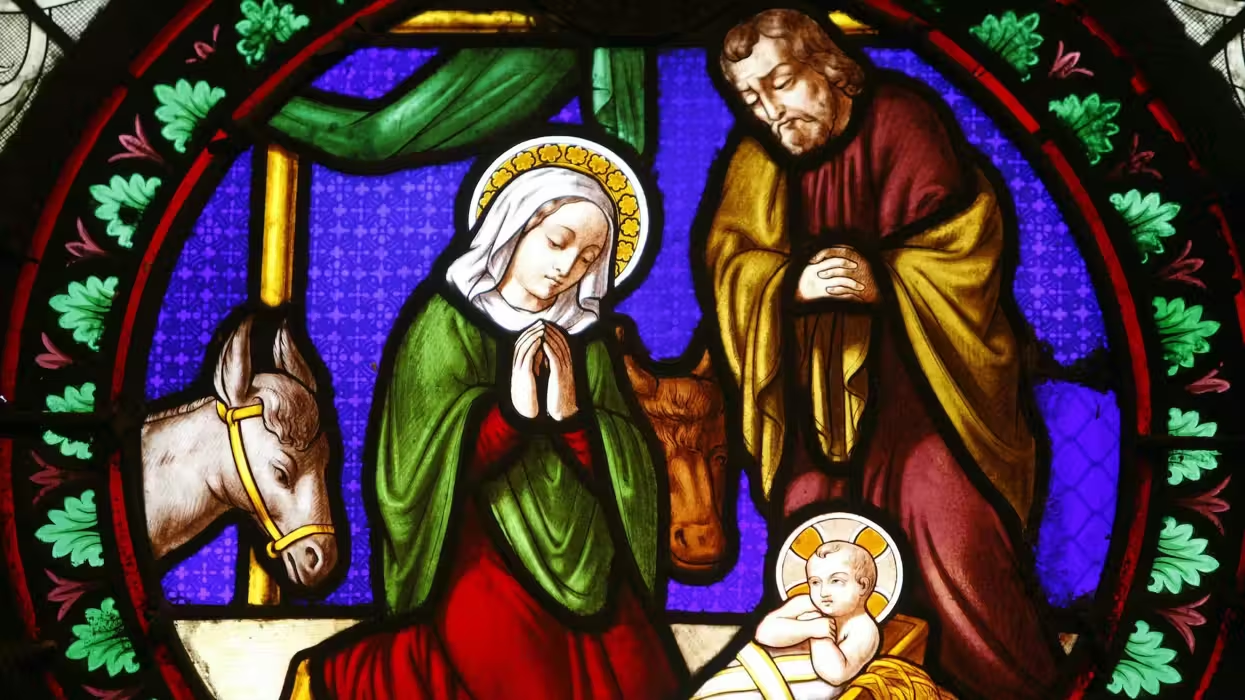Armed gunmen claiming to belong to Egypt's Muslim Brotherhood gave a glimpse of their growing strength in Syria when they threatened 30 Kurdish fighters they took hostage last month with death if they didn't accept Shari'ia law and the "Brotherhood's" interpretation of Islam, a recently uploaded YouTube video showed.
 The photo is taken from a YouTube video posted by the Syrian Observatory for Human Rights, a nongovernmental organization monitoring the crisis in Syria. The video was uploaded on Aug, 29, and the masked armed fighter is believed to be a member of the Muslim Brotherhood, handing out booklets on Islam and Shar'ia law to Kurdish PKK hostages. (Credit: YouTube)
The photo is taken from a YouTube video posted by the Syrian Observatory for Human Rights, a nongovernmental organization monitoring the crisis in Syria. The video was uploaded on Aug, 29, and the masked armed fighter is believed to be a member of the Muslim Brotherhood, handing out booklets on Islam and Shar'ia law to Kurdish PKK hostages. (Credit: YouTube)
While the Obama administration waits for Congress to vote on whether military action should be taken in Syria, concern is growing among some lawmakers and Middle East analysts that worry a limited U.S. strike in Syria would benefit terrorist groups, like that of Al-Qaeda and the Muslim Brotherhood.
The video, originally posted by the nongovernmental watchdog Syrian Observatory for Human Rights, shows 30 members of the Syrian PKK, also known as the Kurdistan Worker's Party, being held hostage by the armed gunmen. The group of PKK members is seen sitting on the Persian rugged floor of an empty room, while while a member of the Muslim Brotherhood fighters tells them that they must "practice the real Islam and follow Sha'ria law" or face the "consequences."
The men identified themselves as members of the Muslim Brotherhood and they spoke in a distinct classic Arabic with an Egyptian accent, an Arabic translator, who viewed the video, told TheBlaze.
Strangely enough, the Kurdish rebels were forced to sign a contract and were told that if they prayed with the Muslim Brotherhood, turned over all their weapons and refrained from fighting for a full year they would not be harmed.
"If you don't do this, you know the consequences?" warned a man with a strong Egyptian accent. The Kurdish men sat quietly, listening.
Under Assad, the Muslim Brotherhood was banned but the uprising in 2011, opened a door that had been closed for nearly 30 years.
Some analysts suggest that the Muslim Brotherhood is strongest fighting force against Assad in Syria, and that the group is providing assistance to various rebel military units fighting the regime.
"The danger in Syria is what happens next," said a U.S. Official, who works in the Middle East. "Do we really believe the Muslim Brotherhood members, who are already threatening the (Syrian) people, will just leave when Assad is gone? Or that Al-Qaeda will? No, they won't - we'll just be dealing with a new set of bad guys."

 The photo is taken from a YouTube video posted by the Syrian Observatory for Human Rights, a nongovernmental organization monitoring the crisis in Syria. The video was uploaded on Aug, 29, and the masked armed fighter is believed to be a member of the Muslim Brotherhood, handing out booklets on Islam and Shar'ia law to Kurdish PKK hostages. (Credit: YouTube)
The photo is taken from a YouTube video posted by the Syrian Observatory for Human Rights, a nongovernmental organization monitoring the crisis in Syria. The video was uploaded on Aug, 29, and the masked armed fighter is believed to be a member of the Muslim Brotherhood, handing out booklets on Islam and Shar'ia law to Kurdish PKK hostages. (Credit: YouTube)






